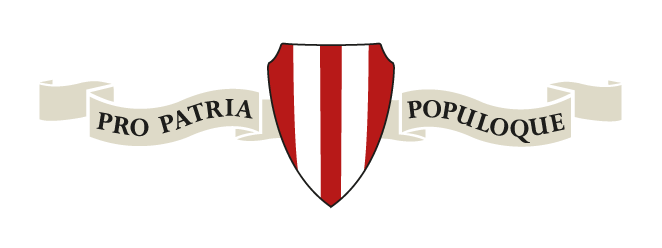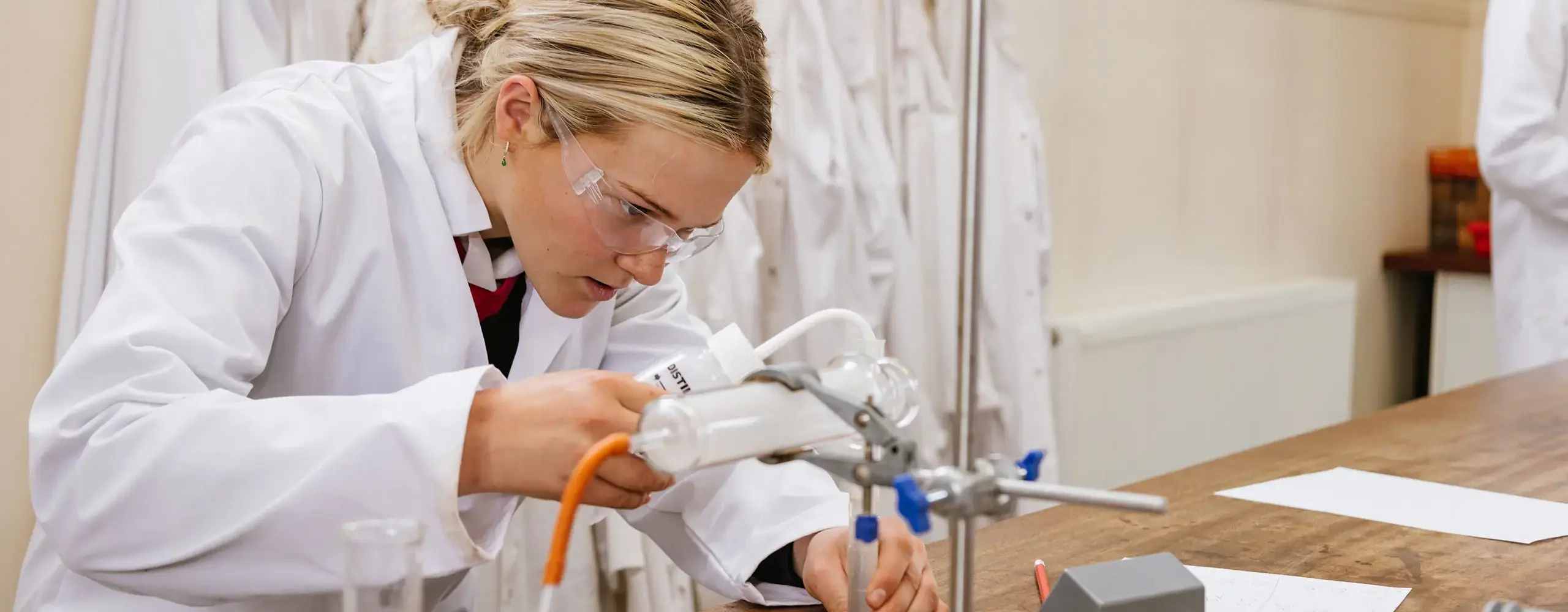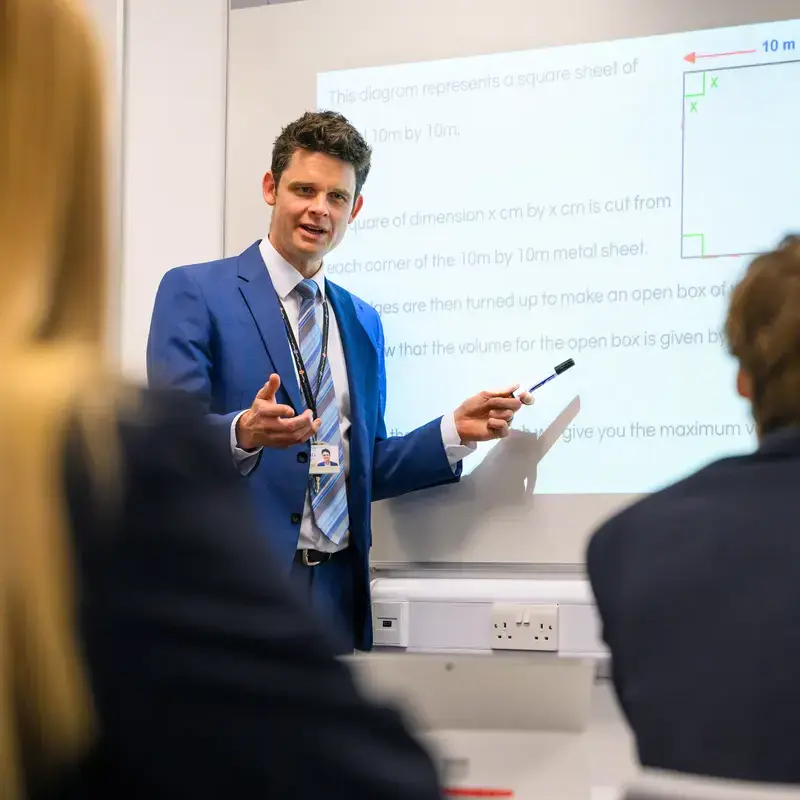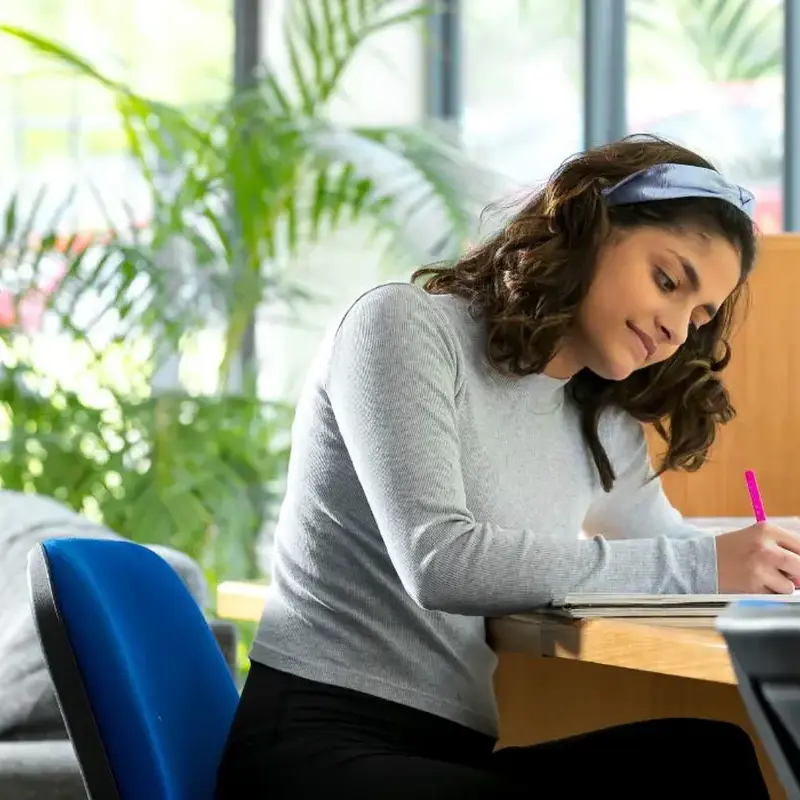Senior Subjects
School House (Years 7 and 8)
They are given as wide an appreciation as possible of what Blundell’s has to offer in every strand of subject learning and the majority of Heads of Department teach their subject to our Year 7 and 8 pupils.
We pride ourselves on the positive relations pupils build with their peers and with staff. We recognise that those entering in Year 7 come from a variety of different types of school and educational backgrounds so it is necessary to bring them together and give them a common experience to take forward into Year 9.
Blundell’s staff are experienced in differentiating learning to ensure that all pupils are supported, from those aspiring to Oxbridge to those who benefit from additional learning assistance. Specialists are available to support pupils studying English as an additional language, as well as those with specific learning needs. We keep our class sizes as small as possible to allow each pupil to get the individual attention they need.
|
Subjects |
|---|
|
Years 9-11
Year 9 sees a significant intake from other schools. It is very important to us that new pupils should be given the same opportunities as those who are already known to us and the same chances to excel. Year 9 partly reinforces earlier experience but also acts as a basis for GCSE – indeed some subjects begin working on their GCSE courses in Year 9. At the end of Year 9 pupils make their choices of subjects for GCSE. This process is taken very seriously with consultation between pupils, teachers and parents, and the full support of the Careers department.
|
Subjects |
|---|
|
Sixth Form (Year 12 and 13)
The Sixth Form years allow students to focus on their academic passions as they choose from the 27 subjects on offer. It is a time of excitement and discovery as the independence of learning fostered further down the school comes to the fore. Pupils are encouraged to undertake super-curricular activities, activities which take their learning to a new level. These could range from an EPQ in which they explore an area of academic interest of their choice in some depth to Olympiads, essay competitions and MOOCs.
|
Subjects |
|---|
|

Where Next?
